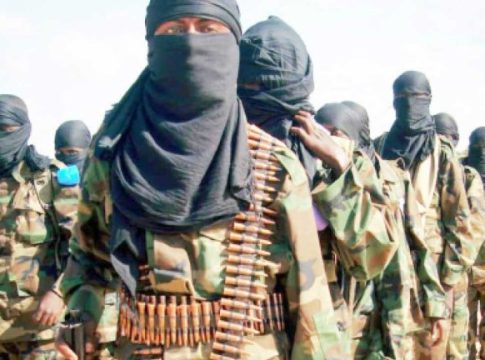The United Nations children’s agency, UNICEF, reported today that over 300,000 children have been forced to leave their homes due to gang violence in Haiti since March. The Caribbean nation has been grappling with a surge in violence since late February, with gangs taking control of more than 80% of the capital, Port-au-Prince, and blocking key roads in and out of the city.
The U.N reported that nearly 580,000 people have been displaced in the past four months, with more than half of them being children. This alarming situation was exacerbated by the resignation of Prime Minister Ariel Henry in April.
The spike in gang violence has led to a humanitarian crisis, with children facing dire conditions in makeshift shelters, including overcrowded schools with poor hygiene. This has put them at risk of disease and forced many to drop out of school.
UNICEF has also reported that many children are being coerced into joining gangs as a means of survival due to limited access to food, healthcare, clean water, and sanitation. The situation is further exacerbated by the increased risk of sexual assault, exploitation, abuse, and separation from families faced by displaced children and adolescents.
READ MORE: 103 Nigerian Deportees From Turkiye Arrive Abuja Air Port.
In response to the crisis, hundreds of Kenyans have been deployed to Haiti as part of a UN-backed mission to help free the country from the grip of armed gangs.
However, the mission has received mixed reactions, considering the UN peacekeeping mission’s previous history of introducing cholera to Haiti and being involved in sexual misconduct allegations.
Yesterday, Jonathan Finer, the U.S. Deputy National Security Adviser, met with Haitian Prime Minister Garry Conille to discuss the initial deployment of the UN-backed mission to Haiti. Finer emphasized the United States’ strong support for accountability and oversight measures as part of the mission.




